Dairy farms urged to club together on price
- Published
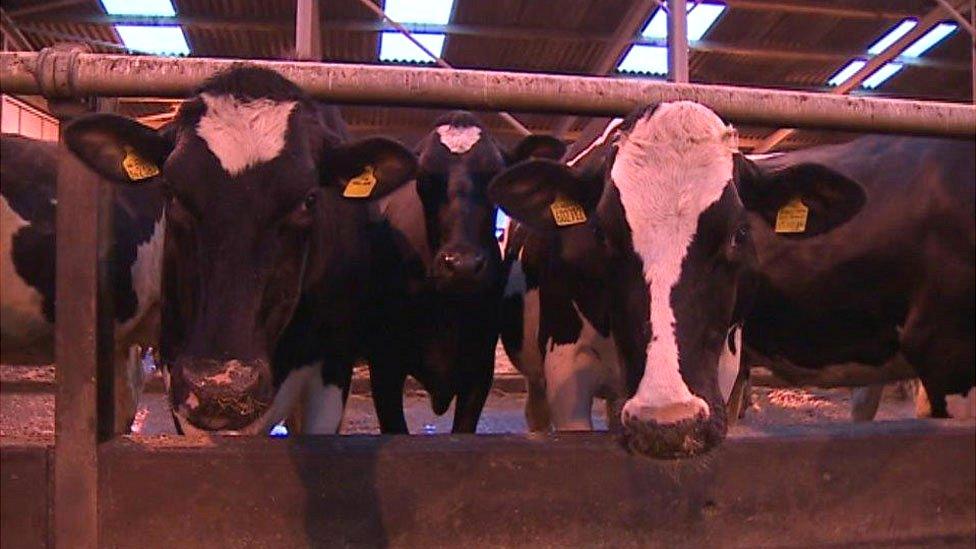
Dairy farmers in Wales have been urged to club together to help negotiate a better price for their milk.
Union leaders are hoping the formation of a first so-called Dairy Producer Organisation (DPO) could help put the industry on a stronger footing.
It would involve small family farms across Wales linking up to talk with milk processors as one legal entity.
The hope is that streamlining the way farmers deal with creameries could attract more of them to Wales.
But a report has warned that persuading farmers to join up could be a challenge, and there would be no guarantee that processors would agree to strike a deal with them.
The main purpose of a DPO is to negotiate terms and conditions of supply, including price, with one or more milk processors. As such, they are exempted from some aspects of competition law.
There is currently one DPO in operation in England, and one in Scotland - but they are commonplace throughout Europe, especially in Germany.
A working group, involving figures from both farming unions, is investigating what role DPOs could play in securing the industry's future in Wales.
Aled Jones said working together could put farmers on a more professional footing
Aled Jones, chairman of NFU Cymru's dairy board told BBC Wales that "farmers coming together" could lead to "a far more professional means of operating".
"At the moment we deal on an individual basis with the processor but I think long term we are far stronger if we speak with one voice and have that cooperation and attitude of mind."
Recent years have seen farmers protesting outside creameries over milk prices but Mr Jones said the focus should now be on "building better relationships".
"Nearly half of Welsh milk is carted out of Wales to be processed and that puts us in a weak position. We saw that last year when there was an oversupply of milk and farmers in West Wales were in danger of not having a buyer for their milk."
"Looking forward we must try and attract new investment or increased processing in Wales. And obviously, to do that you need to work in a professional manner."
Mr Jones, who farms in Caernarfon, Gwynedd, explained that the idea offers security and added value to both producers and processors, but that setting one up could take years.
A report commissioned on behalf of the working group warned that persuading farmers to take part could be far from easy.
Plan needed for rural economy - Labour AM
Farming collaborations have a relatively poor track record in Britain and many producers would be wary of getting their fingers burnt, said report authors Promar International.
However the consultants concluded that farmers in Wales should seriously consider DPOs or live with "the insanity of accepting the status quo".
UK government ministers have indicated that they see a role for them - so farming leaders claim the concept - a product of EU law - will be unaffected by Brexit.
The position of many dairy producers in Wales is fragile after a tumultuous few years, during which the price of milk fell sharply.
At one point in 2016 it was below 20p per litre at farm gate prices - the average price paid to all producers for milk sold to dairies.
Figures show the number of dairy farms here has nearly halved during the last 15 years, with an average of three farmers a month leaving the industry.
Farming leaders say that though the price of milk has recovered somewhat in recent months, many producers are still struggling and are now shouldering heavy debts.
A new three part series, starting on BBC One Wales on Monday, takes an in-depth look at the industry's problems.
Gareth Wyn Jones - Milk Man is on at 20:30 GMT, BBC One Wales on Monday 6 February 2017 and later on BBC iPlayer.
- Published12 July 2016
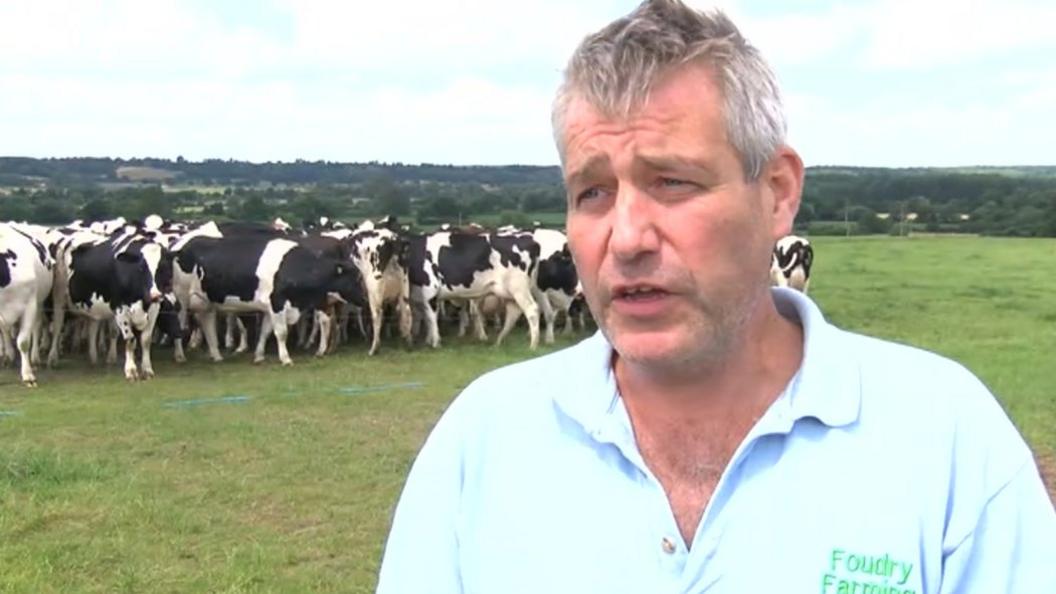
- Published11 August 2015
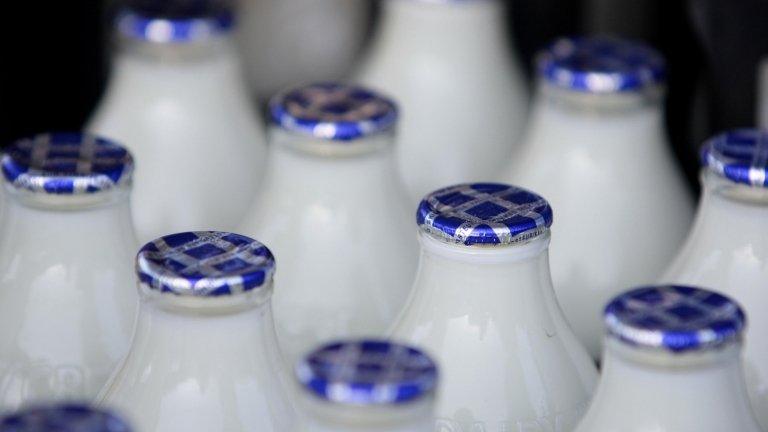
- Published6 February 2017
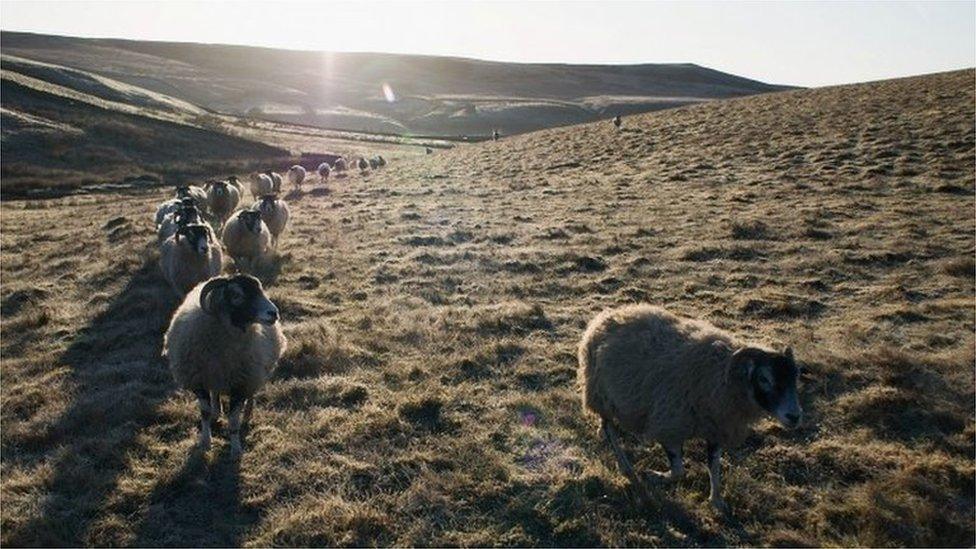
- Published20 November 2014
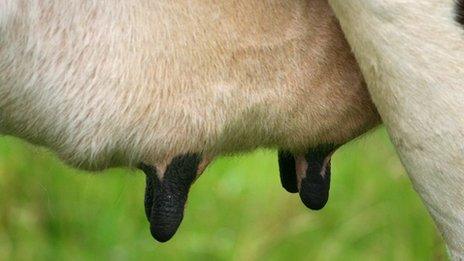
- Published12 July 2016
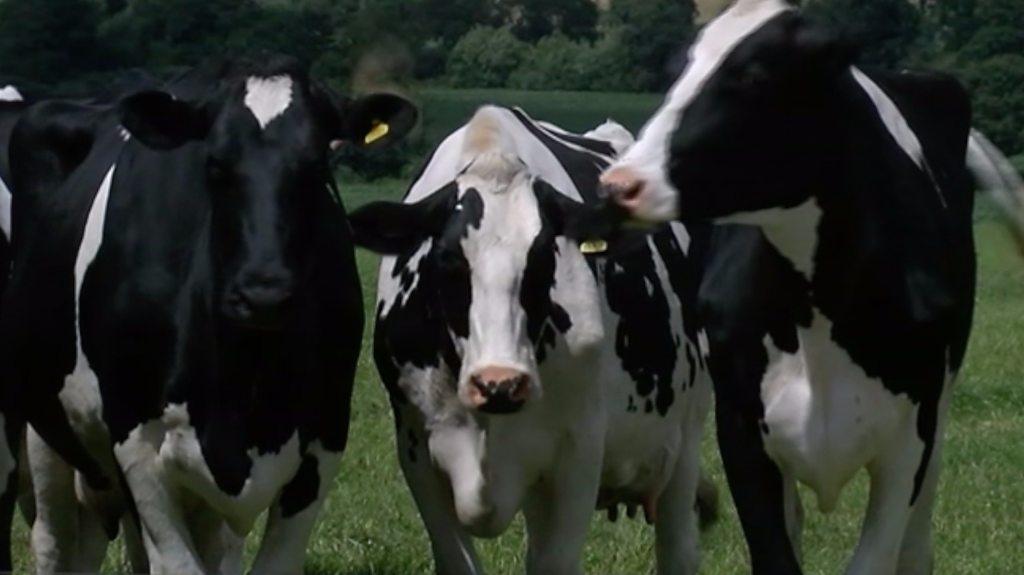
- Published24 July 2012
